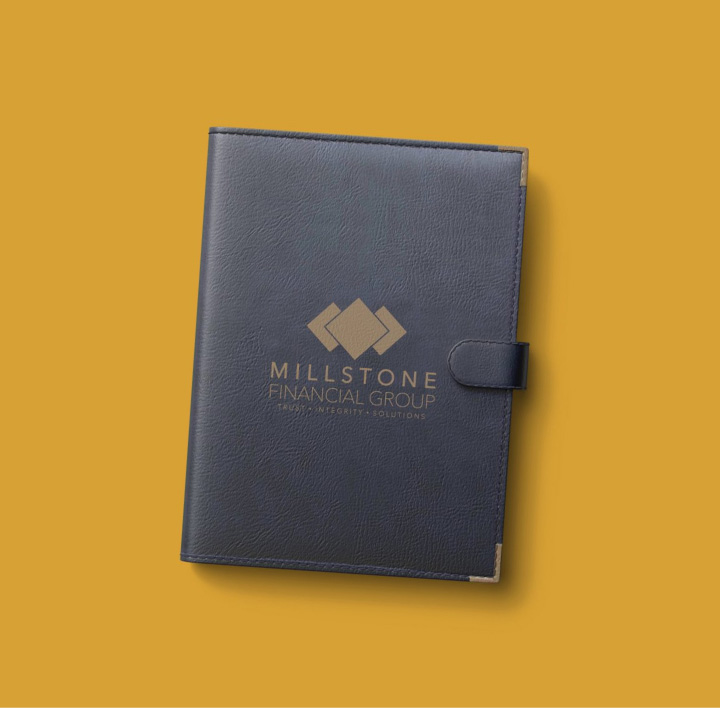You’ll likely have several sources of income in retirement that can be taxed, such as IRA distributions and Social Security benefits. But, do you have any after-tax “buckets” that you can use strategically in retirement to help reduce your tax bill? There may be a few options available to you, so know how they work.
How is a Roth IRA Different from a Traditional IRA?
Many people contribute pre-tax dollars to a traditional IRA during their working years. When money is distributed, it’s taxed at ordinary income rates. In contrast, a Roth IRA is funded with after-tax dollars. A Roth IRA can be a valuable asset in retirement because qualified distributions are not taxed, unlike distributions from a traditional IRA.[1]
What If You Don’t Have a Roth IRA?
Even if you haven’t contributed to a Roth IRA in the past or you’re not eligible to, you may be able to take advantage of the backdoor Roth strategy. Individuals with income over $144,000 and couples filing jointly with income over $214,000 cannot contribute directly to a Roth IRA. Those who are able to can only contribute up to $6,000 per year if under age 50, or $7,000 per year if over age 50.[2] However, anyone has the option to convert any amount from a traditional IRA, 401(k), or similar qualified retirement account into a Roth IRA, regardless of income.
In this case, you would pay tax on what you convert and then be able to withdraw money tax-free later on. Keep in mind that Roth IRA conversions are now irreversible and that money can’t be withdrawn penalty-free until five years after it’s converted, and typically not until age 59 ½.[3]
Do You Have an HSA?
Not everyone can contribute to a Health Savings Account (HSA), but if you can through your employer, consider doing so. The benefits of an HSA are that contributions are not taxed, funds grow tax-deferred, and can be withdrawn tax-free for qualified medical expenses. Before age 65, you can’t use funds from an HSA to pay for non-medical expenses without incurring a 20% penalty. But, when you turn 65, you only have to pay taxes on withdrawals for non-medical expenses, and you do not have to pay taxes on withdrawals for qualifying medical expenses. Qualifying medical expenses include Medicare Part B and Medicare Advantage plans, prescription drugs, a portion of long-term care insurance premiums, dental, and vision care.[4]
There may be unexpected taxes in retirement that could add to your tax bill. To offset the impact of your taxable sources of income in retirement, you may consider a Roth IRA or an HSA as two of many potential tax strategies. We can help you create a long-term tax minimization plan that works with your overall retirement plan. Sign up for a time to come speak to us to learn more.
[2] https://www.investopedia.com/terms/r/rothira.asp
[3] https://www.investopedia.com/terms/r/rothira.asp
[4] https://www.investopedia.com/articles/personal-finance/091615/how-use-your-hsa-retirement.asp
**ALL INFORMATION INCLUDED HEREIN IS CONFIDENTIAL AND PROPRIETARY TO LONE BEACON. ALL ASSOCIATED CONTENT OR ANY PORTION THEREOF MAY NOT BE REPRODUCED OR USED IN ANY MANNER WHATSOEVER WITHOUT THE EXPRESS WRITTEN PERMISSION OF LONE BEACON**
**INFORMATION PROVIDED IS FROM SOURCES BELIEVED TO BE RELIABLE HOWEVER, WE CANNOT GUARANTEE OR REPRESENT THAT IT IS ACCURATE OR COMPLETE. NO STATEMENTS MADE SHALL CONSTITUTE ANY FINANCIAL, TAX, LEGAL, OR ACCOUNTING ADVICE. ANY HYPERLINKS PROVIDED ARE AS A COURTESY AND SHOULD NOT BE DEEMED AN ENDORSEMENT**
Advisory services are offered through Millstone Financial Group Limited Liability Company, an Investment Advisor in the State of New Jersey. Insurance products and services are offered through Millstone Financial Group Limited Liability Company, an affiliated company.
Millstone Financial Group Limited Liability Company is not affiliated with or endorsed by the Social Security Administration or any other government agency. All content is for information purposes only. It is not intended to provide any tax or legal advice or provide the basis for any financial decisions. Millstone Financial Group Limited Liability Company does not offer tax planning or legal services but may provide references to tax services or legal providers. Millstone Financial Group Limited Liability Company may also work with your attorney or independent tax or legal counsel. Please consult a qualified professional for assistance with these matters.



